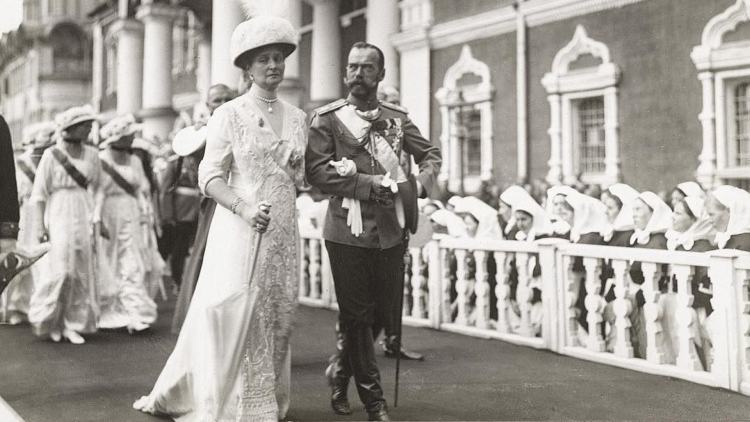The Story of the Russian Nobleman and His Wife

The Romanov family parade through the streets.
If it is true that we are metaphysically divided within ourselves, then it follows that we are always in conflict with ourselves. This has great implications for society. Consider the following.
Philosopher of metaethics Christine Korsgaard previously put forward a form of Kantian ethics that is based on the ‘volitional unity’ of a ‘single unified agent’. Such a moral agent is able to rise above their subjective inclinations with rationality and make autonomous decisions. According to Korsgaard, we are ethically obliged to fulfil our promises to people, assuming each promise is made with this ‘inner harmony’ on both sides. However, what if one side is divided?
In a thought experiment, devised by Derek Parfit (and considered by Korsgaard), there is a Russian nobleman, his wife, and a promise binding them. As a young socialist the nobleman decided to commit large parts of his future estates to peasants. He was aware that his attitudes might change over time, though. So he drew up a contract with to ensure that the disposition of his estates to the peasants can’t be revoked without his wife’s consent, even if he is to make a rationally clearheaded argument for her revoke.
Years later, as pre-empted, he changes his mind about parting with his fortunes, leaving his wife to face a massive moral dilemma: honour her younger husband or honour her older husband.
Out of loyalty and devotion, the wife chooses the younger husband. But, in doing so, she implicitly accuses her current husband of being an imposter; else the younger husband is surely dead!
How far should a promise go beyond the deathbed?
